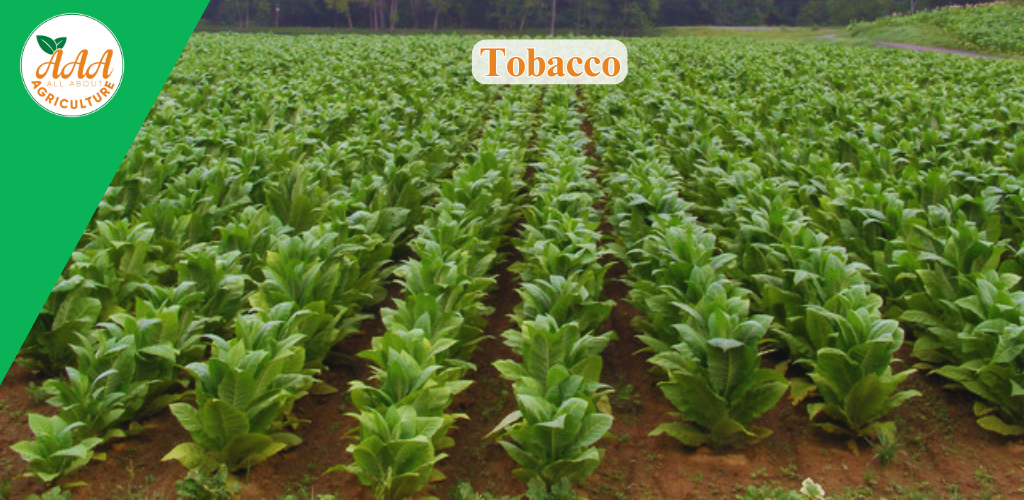Tobacco Production Technology
Tobacco Production Technology

Tobacco farming requires precise environmental conditions, advanced mechanization, and sustainable practices to ensure high-quality leaves and maximum yield. With modern agriculture technology, farmers can optimize every stage, from seed selection to curing.
Ideal Climate & Soil Conditions
Temperature: Tobacco thrives in 20°C to 30°C during the growing season. High temperatures above 35°C can reduce leaf quality, while below 15°C slows growth.
Rainfall: Requires 600-800 mm of well-distributed rainfall. Excess water causes leaf diseases and poor curing.
Soil: Grows best in well-drained sandy loam soil with a pH of 5.5 to 6.5. Proper soil testing ensures nutrient balance
Seed Selection & Nursery Management
Hybrid & disease-resistant varieties for high yield and quality.
Raised seedbeds covered with polythene sheets for temperature control.
Sprinkler irrigation & nutrient application ensure uniform growth.
Land Preparation & Transplanting
Deep plowing, harrowing, and ridging for proper aeration.
Transplanting in moist soil at 4-6 weeks after germination.
Drip irrigation ensures water efficiency & root development.
Fertilization & Nutrient Management
NPK fertilizers (Nitrogen, Phosphorus, Potassium) applied based on soil tests.
Calcium & Magnesium enhance leaf texture and burning quality.
Bio-fertilizers & organic manure improve soil fertility sustainably.
Pest & Disease Management
Common threats: Aphids, Cutworms, Tobacco Mosaic Virus (TMV), Black Shank Disease.
IPM techniques – Traps, neem oil, biological control, and targeted spraying.
Irrigation & Water Management
Drip & sprinkler irrigation ensure optimal moisture without overwatering.
Moisture stress during leaf expansion affects quality – controlled irrigation is key.
Harvesting & Curing
Leaves are harvested in phases – lower, middle, upper leaves for best quality.
Fermentation & Processing
Controlled temperature & humidity fermentation enhances flavor.
Grading & packaging maintain market standards.